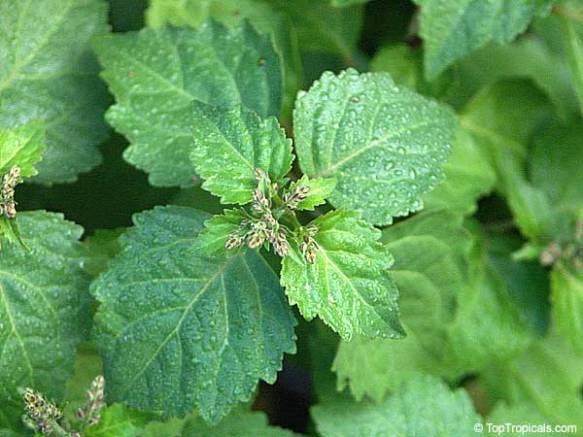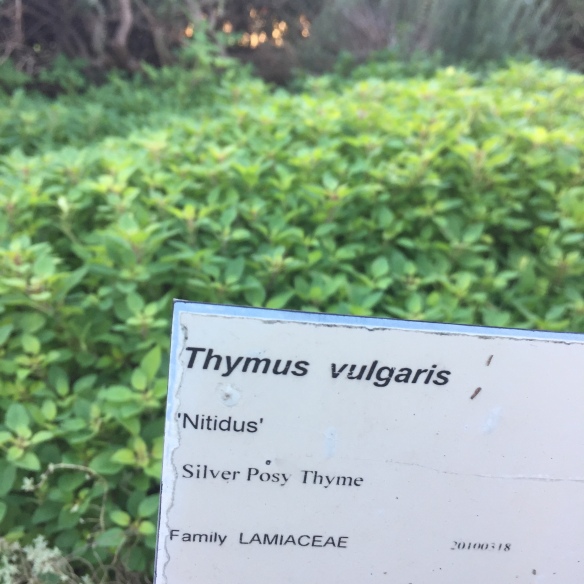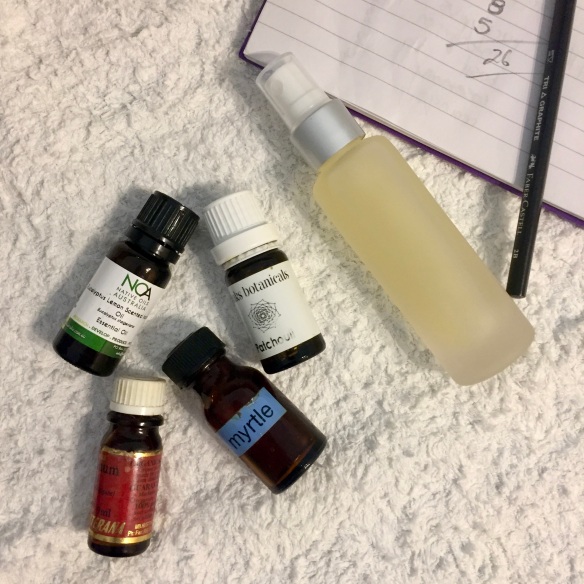Hello natural beauties! Keep calm and use essential oils. If you are an essential oil enthusiast I know you’ll be making your own anti-bacterial concoctions. And the words to note here are ANTI-BACTERIAL and Corona VIRUS. Some essential oils have been shown to exhibit antiviral activity, but so far we can’t say for certain that any oil will stop you from getting the virus. In fact, we cant say that at all. But by using essential oils for cleaning surfaces and hands, we MAY help limit our exposure to the virus and reduce exposure to other bacteria too.
Buy my 100% natural and organic botanical perfumes, and paperback book here:
Digital downloads and paper backs of my book Revelation! Reveal your Destiny with Essentials Oils here:
Barnes & Noble Booktopia AU Amazon UK
_____________________________________________________________________________

I’ve started making a re-usable hand wipe with essential oils and carrying it with me in my bag. I make a new one every couple of days, using different essential oils, and put the old one in the wash. This doesn’t have alcohol in it so I can’t say it has complete anti-bacterial capabilities, however, it’s the first line of defense and soft on your hands. And why not use essential oils if you have them? It’s definitely better than nothing.
Check out my little video:
What essential oils will be best to use? I love lemon myrtle best of all for an antiviral oil along with lemon-scented tea tree. I’d also go with thyme and oregano as antibacterial and include lavender and eucalyptus and tea tree – just for starters. Myrrh as well.
Which oils do some high profile aromatherapy experts recommend as having anti-viral activity?
Salvatore Battaglia recommends these oils:
clove, hyssop, manuka, patchouli, thyme, marjoram, peppermint, oregano, eucalyptus, tea tree, myrtle, sandalwood, rose and a few more too!

Dr E. Joy Bowles: gives some advice from March 12, 2020:
“So people are clamoring for a natural preventative for the new virus… Best of all is to do all the health-building activities you know about already: EAT HEALTHY, SLEEP ENOUGH, EXERCISE EVERY DAY, DE-STRESS… And really DO…
We don’t know which essential oils kill this new virus… It’s too new. By all means be a test subject for your own experiments, but please, keep a record of what you do and the results… Could be helpful later…”

Farida Irani notes these oils: lime, clove,
Dr Penoel refers to monoterpenols as having antiviral effects: lavender, melissa, peppermint, basil, oregano, marjoram, sage, clary sage, and thyme among others.
Patricia Davis says: bergamot, eucalyptus and tea tree.
Sylla Sheppard-Hanger lists quite a few and here’s some for you: rosewood, cinnamon, myrrh, palmarosa, eucalyptus, melissa, helichrysum, eucalyptus, lemon, thyme, hyssop, ravensara, niaouli…

I also made my own surface and hand sanitiser with perfume grade alcohol and oregano, lemon eucalyptus, patchouli and myrtle (I ran out of lemon myrtle). I used 26 drops in 50mls, but 20 drops would be enough. Be careful when using alcohol on your hands for extended periods of time because it will really dry them out. A great base to use is aloe vera gel – but it can be a bit sticky and does not contain alcohol, therefore much less effective and is not great for surfaces! It’s more like a hand softener and conditioner if you’ve been using drying and harsh hand sanitisers. See pic above.
I hope you take this all on board and use these beautiful gifts from nature, to help your immunity and help everyone at the same time. May The Force be with you and wash your hands.





